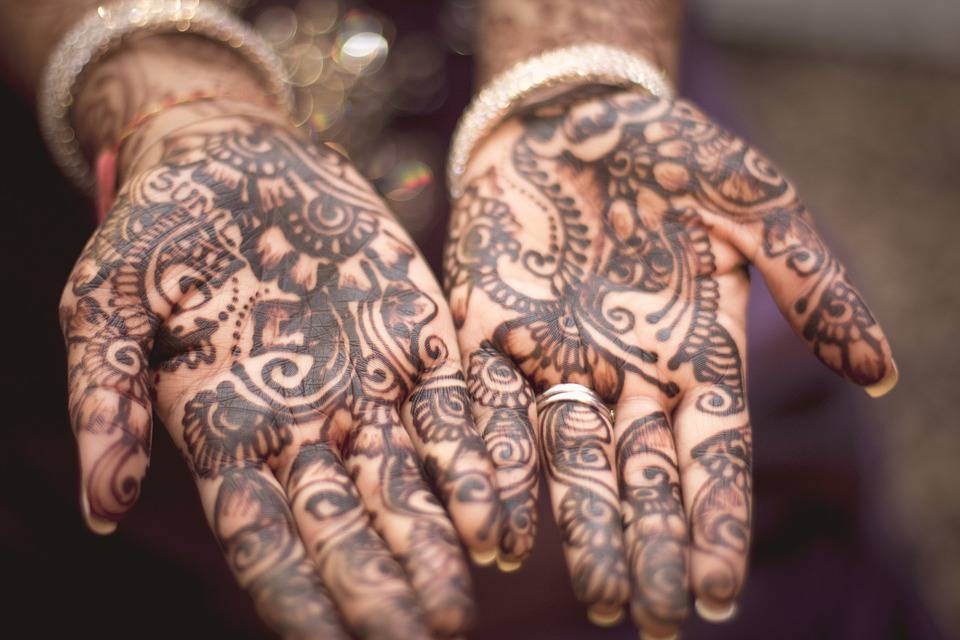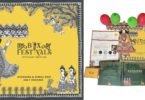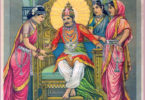Teej is a set of monsoon festivals celebrated in India during the month of saawan / shraavana (monsoon). The festivals celebrate the onset of monsoons and the union of Goddess Parvati with Lord Shiva. Hariyali Teej is observed in the states of Rajasthan, Uttar Pradesh, Haryana and Punjab, and falls on the third day of Shukla Paksha (waxing moon) in the month of Shraavana. Girls and married women celebrate by dressing up and visiting their families. Boys traditionally flew kites throughout the day. It is also considered auspicious to swing on the saawan ka jhula (swings). Here is a story often narrated on the day of Hariyali Teej.
Once there was a Sahukaar (moneylender) who had seven sons. The eldest son was married first. On the day of Hariyali Teej, as the eldest daughter-in-law sat in front of the neem tree to pray, her husband died.
The second son was married the next year. On the day of Hariyali Teej, as his wife prayed to the neem tree, he also passed away.
The same fate befell the third, fourth, fifth and sixth brothers as well.
When the youngest son was married, the daughter-in-law went to her mother-in-law and told her that instead of the neem tree, she would worship a branch of the tree.
She prayed to the branch of the neem tree, and as she prayed the six older sons came back to life. She called their wives and told them to complete the puja (prayer) with her and partake in the festivities.
The older daughters-in-law were surprised at her request. And said that they were widows who could not partake in the festivities as they did not have their husbands to accompany them.
The youngest daughter-in-law then told them about the miracle of praying to the neem branch had brought their husbands alive.
The seven brother and their seven wives all then completed the festivities together.
—
At the end of this story, all present pray to neemadi mata (the Goddess) that she blesses them the same way that she blessed the Sahukar’s children.





